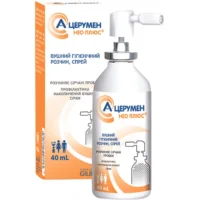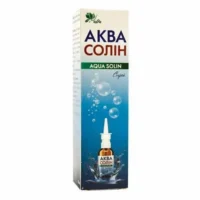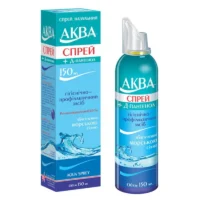Description
Rinazal (Xylometazoline Hydrochloride) Nasal Spray 1.0 mg/ml. 10 ml
Ingredients
- Active ingredient: Xylometazoline hydrochloride
- Other ingredients: benzalkonium chloride, sodium dihydrogen phosphate dihydrate, disodium phosphate dodecahydrate, and purified water
Dosage
Adults and children over 12 years: 1-2 sprays into each nostril every 10-12 hours. Do not exceed 2 applications in any 24-hour period.
Indications
Rinazal Nasal Spray is indicated for the relief of nasal congestion associated with hay fever, sinusitis, and other upper respiratory allergies.
Contraindications
Do not use Rinazal Nasal Spray if you:
- Are allergic to xylometazoline or any other ingredients in the product
- Have had recent neurosurgery or nasal surgery
- Suffer from severe heart disease
Directions
For nasal use: Blow your nose gently to clear the nostrils before using the spray. Insert the nozzle into each nostril and press down on the pump to administer the spray. Breathe in gently through the nose after each spray.
Scientific Evidence
Xylometazoline hydrochloride is a potent vasoconstrictor that acts on alpha-adrenergic receptors in the nasal mucosa, leading to constriction of blood vessels and reduction of nasal congestion. Studies have shown that xylometazoline provides rapid relief from nasal congestion with minimal systemic absorption, making it a safe and effective option for managing nasal congestion.
Clinical trials have demonstrated the efficacy of Rinazal Nasal Spray in providing relief from nasal congestion for up to 12 hours after a single dose. Patients reported significant improvement in nasal airflow and reduction in nasal symptoms compared to placebo, highlighting the effectiveness of xylometazoline in managing nasal congestion.





